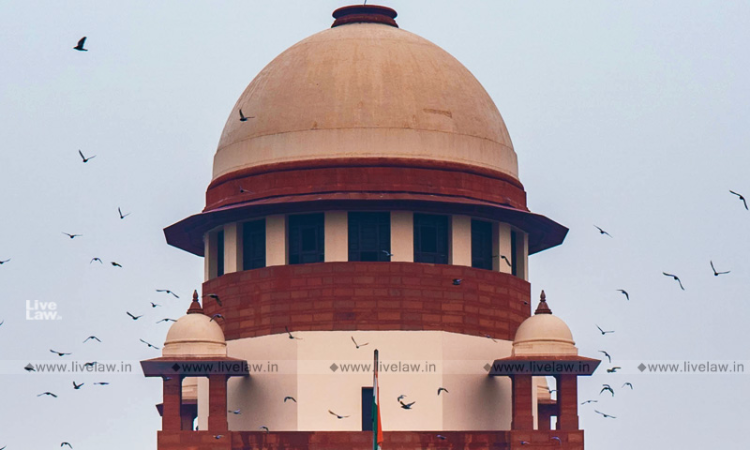Interesting arguments ensued in the Top Court on Thursday as the bench reserved orders for June 12 in the hearing of petitions challenging Ministry of Home Affairs (MHA) March 29 order stipulating full payment of wages to workers by employers during lockdown.A three-judge bench led by Justice Ashok Bhushan also passed an interim order that no coercive action should be taken against employers...

